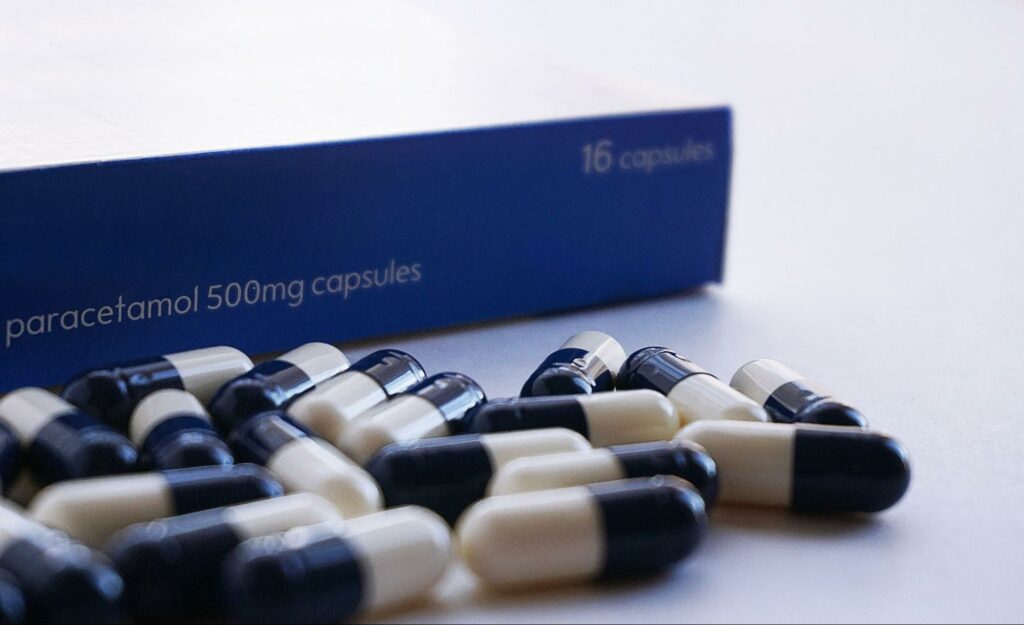
Can You Take Sudafed and Tylenol
Wondering if it’s safe to take Sudafed and Tylenol together? Well, the answer is yes, you can take them together. Sudafed and Tylenol are two commonly used medications that can be taken simultaneously for cold and flu symptoms. However, as with any medication, it’s essential to follow proper guidelines to ensure your safety and maximise the effectiveness of each drug.
When taking Sudafed (a decongestant) and Tylenol (an analgesic/fever reducer), it’s crucial to read the labels carefully and adhere to the recommended dosages for each medication. Both drugs contain different active ingredients, but when used appropriately, they can complement each other in relieving nasal congestion, sinus pressure, headache, and fever associated with colds or allergies.
To Take Sudafed and Tylenol Together Safely:
- Read the instructions: Familiarise yourself with the dosing instructions on both medication packages.
- Follow recommended dosages: Stick to the suggested dosage for each drug as indicated by their respective packaging or as advised by a healthcare professional.
- Space out doses: It’s generally recommended to space out doses of these medications evenly throughout the day.
- Stay within daily limits: Be mindful not to exceed the maximum daily dose for either Sudafed or Tylenol.
- Consult a healthcare professional: If you have any concerns or questions about taking these medications together or if you’re unsure about your condition, it’s always best to consult a healthcare professional.
Remember that individual responses may vary, so monitoring your symptoms closely is important. If you experience any unexpected side effects or worsening symptoms after taking Sudafed and Tylenol together, stop use immediately and seek medical advice.

Can Sudafed and Tylenol be Taken Together?
When it comes to managing various symptoms like congestion, sinus pressure, and fever, many people wonder if they can take both Sudafed and Tylenol together. Allow me to shed some light on this topic.
- Sudafed (pseudoephedrine) is a nasal decongestant that works by shrinking blood vessels in the nasal passages, relieving congestion. It’s important to note that Sudafed can increase blood pressure and may cause stimulation or restlessness in some individuals.
- On the other hand, Tylenol (acetaminophen) is an over-the-counter pain reliever and fever reducer. It helps alleviate headaches, body aches, and reduces fever but does not have any direct effect on congestion.
So, what about taking them together? In most cases, it is safe to combine Sudafed and Tylenol for symptom relief. However, as always with medication combinations, it’s essential to follow recommended guidelines and consult with a healthcare professional if you have any concerns or medical conditions.
Here are a few key points to keep in mind when taking Sudafed and Tylenol together:
- Dosage: Follow the recommended dosages for each medication carefully. Be cautious not to exceed the maximum daily dosage of either medication.
- Timing: It’s generally advisable to space out the doses of Sudafed and Tylenol throughout the day rather than taking them simultaneously.
- Interactions: While there are no major drug interactions reported between Sudafed and Tylenol, it’s always wise to check for potential interactions with any other medications you may be taking.
- Side Effects: Both medications can cause side effects such as drowsiness or increased heart rate. Pay attention to how your body reacts when combining them.
Final Thoughts
Combining Sudafed and Tylenol can effectively relieve symptoms like congestion, pain, and fever. However, following proper dosages, considering potential interactions, and listening to your body’s response is crucial. If you have any concerns or questions, don’t hesitate to consult a healthcare professional for personalized advice.
Overall, combining Sudafed with Tylenol can provide effective relief from cold symptoms when used properly. Just remember to read labels carefully, follow dosing instructions, and consult a healthcare professional if needed. Stay well-informed and take care of yourself when managing your cold or flu symptoms.











